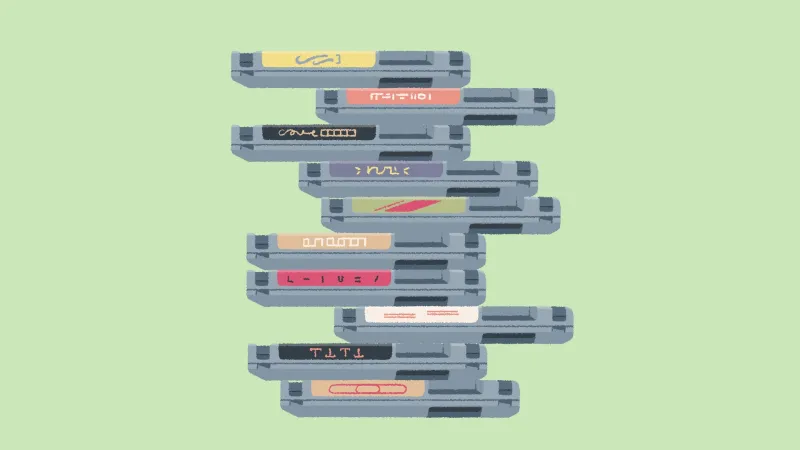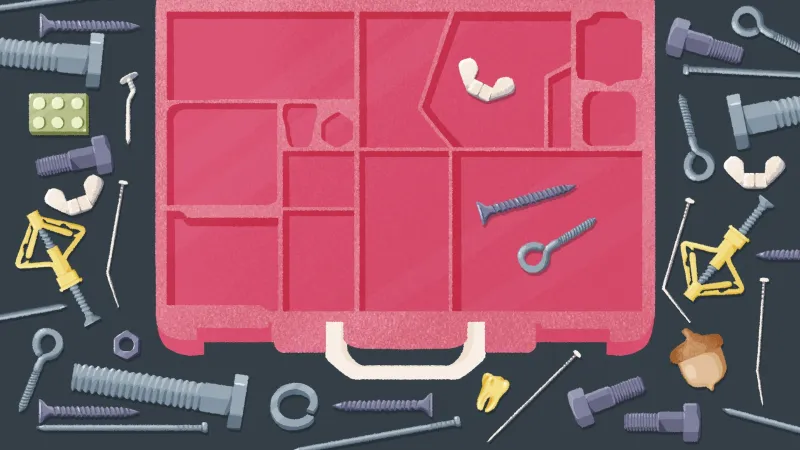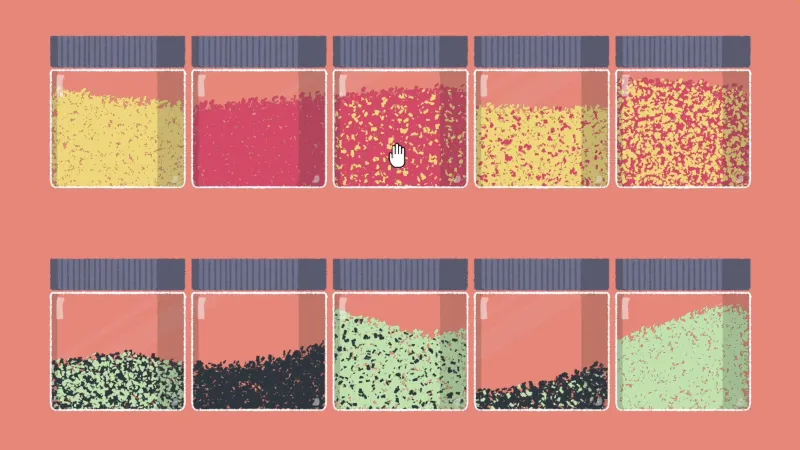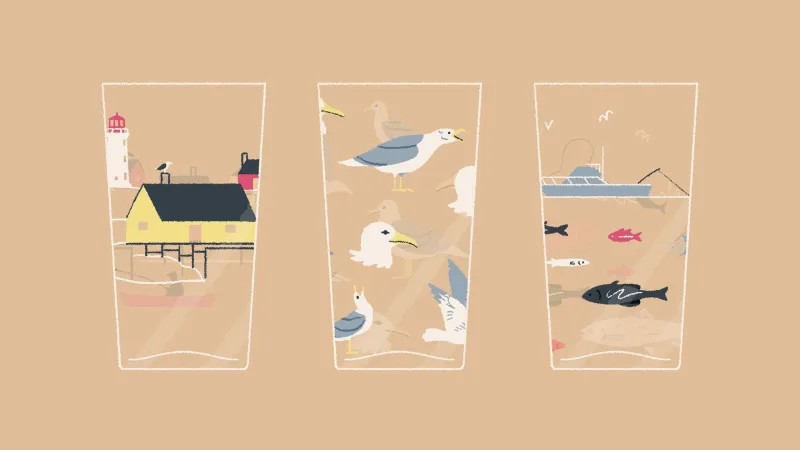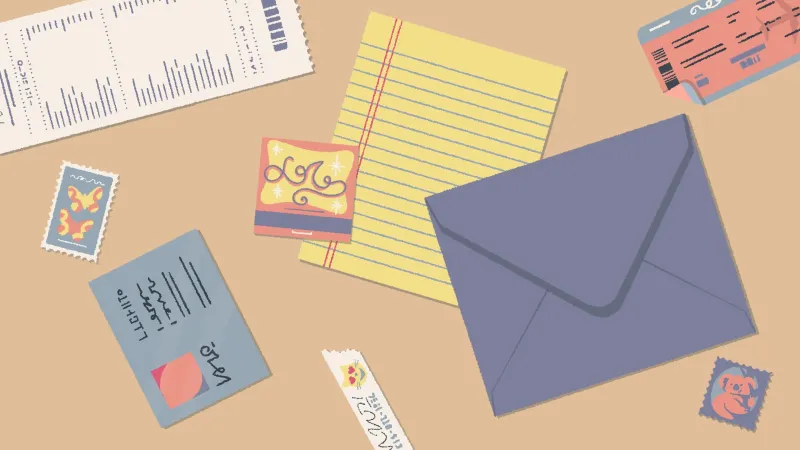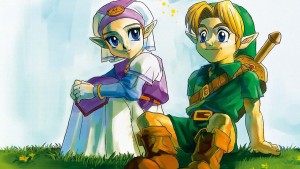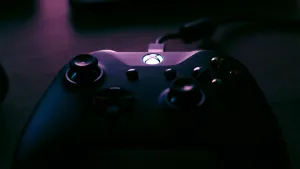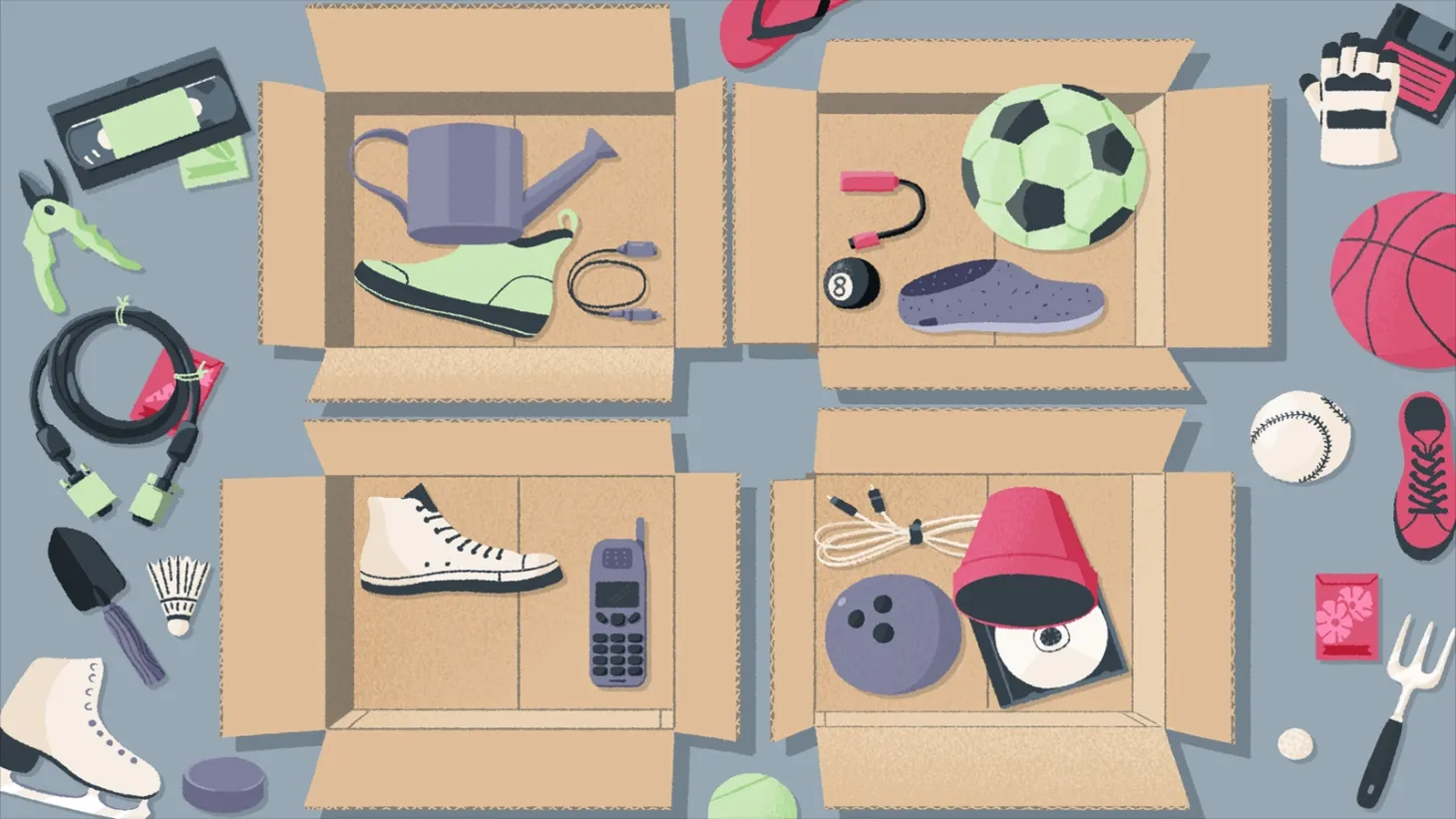
A Little to the Left Review
Puzzle-solving takes up much of our everyday lives, whether we realize it or not. Cleaning a messy junk drawer to make everything fit neatly or categorizing a bookshelf presents subtle mental exercises that flex our logical thinking and creativity. A Little to the Left shines a light on these ordinary tasks with dozens of challenges that promote organization and the satisfaction that comes with it, making for a uniquely pleasing experience.
A Little to the Left’s puzzles present tasks as simple as arranging pencils by height or stacking spoons by size. These bite-sized exercises don’t always make me sweat, but I enjoy the tactile sensation of, say, clicking and dragging bits of crumbs away from a dining table to create a clean surface for setting plates. If you find pleasure in even the simplest forms of tidying, you’ll likely sink into this game right away, and this intangible x-factor makes the experience satisfying.
Some puzzles have multiple answers. For example, you can arrange books by height or thickness, and I liked finding two or three alternative solutions to a straightforward problem I wouldn’t normally consider. Eventually, things get a bit more complicated. What’s the best way to arrange spice shakers with different amounts and color patterns? What time should I wind a clock’s hands to have the shadows align a certain way? These harder conundrums give the game a nice bite, and I find most solutions clever; at best, I walk away feeling part Marie Kondo, part Einstein. But some problems feel too open-ended in their answers.
When, for example, arranging piles of disparate shells or leaves to form a hidden pattern, I’ll stare at the screen for long periods wondering what the heck I was supposed to do. Every puzzle has some logic, and tinkering eventually leads to a breakthrough, but sometimes I still didn’t grasp the problem even after solving it. That’s probably more of a “me” issue; I vibe best with less abstract puzzles, like finding the optimal way to hang tools on a nail board. However, others require objects placed a bit too precisely. While tilting picture frames on a wall, I fiddled with one for way too long before, to my annoyance, it randomly settled on a pixel-perfect angle I’d covered numerous times.
The game’s inventive hint system, where you manually erase an obscuring doodle to reveal a puzzle's correct configuration, is cute and can be helpful, but it has flaws. For one, I usually only wanted to expose a specific piece of the puzzle, so erasing the section I needed required careful precision to avoid showing too much. Since hints are in black and white, color-based answers don’t translate as well. Ultimately, simply looking at the solution isn’t the same as understanding it, making me wish the game presented hints with more direct guidance. Thankfully, A Little to the Left doesn’t require you to finish a puzzle to move on (at least for most of it). Selecting “Let It Be” lets you skip segments without consequence if they prove too tough or simply aren’t as fun. The game wants you to think, but not at the expense of its relaxing atmosphere.
A Little to the Left provides a good mental jumpstart to my day, so I appreciate the Daily Tidy. These once-a-day challenges offer a decent dose of brain food once you’ve devoured the 70-plus primary puzzles or a good warm-up for them. So far, most of the ones I’ve seen are variations of riddles I’ve encountered, so I hope more unique challenges pop up in the future.
A pleasant and, at times, playful soundtrack, fun visual effects, and the occasional light interference of a mischievous cat add to an overall charming package. A Little to the Left may have left me scratching my head in confusion at times, but more often, it left me pleased and content with the neatly arranged spaces I created.
